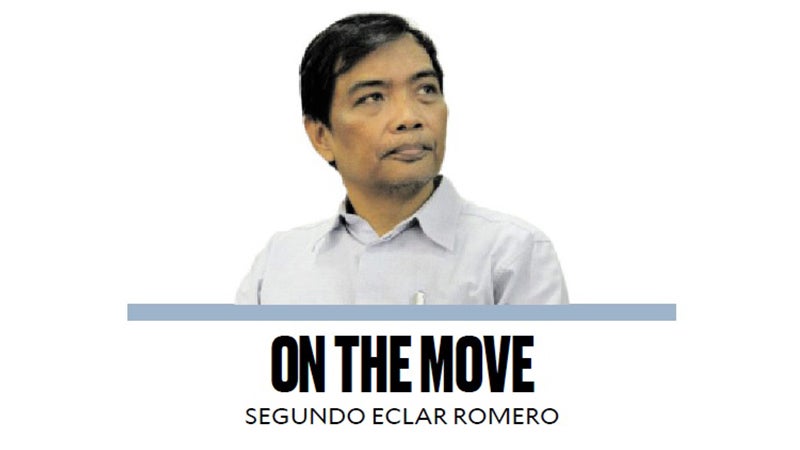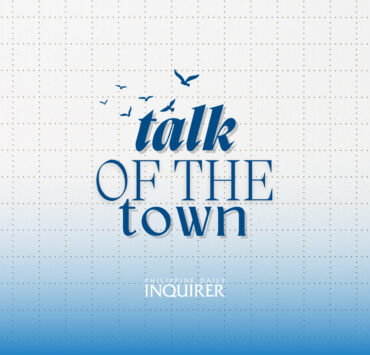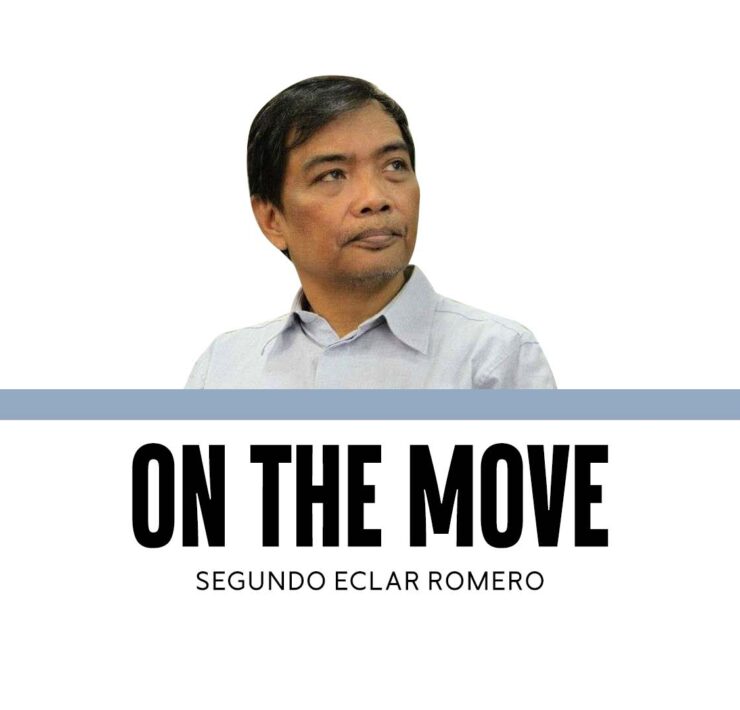Dark horses for the 2028 presidential race

There’s a burgeoning dissatisfaction among the educated elite and significant segments of the middle class regarding the entrenchment of political dynasties and the superficiality of electoral choices, which hinder genuine democratic progress and effective governance. There is a deep yearning for the emergence of reform-oriented, non-dynastic candidates in our upcoming elections. If clumsy political party contestation cannot provide these transformative leaders, can dark horses fill the gap? Let’s keep our eyes wide open. So far, these are the three perceived dark horses and the two default presidentiables for the 2028 presidential race:
Gilbert Teodoro, currently serving as secretary of national defense (SND). Strengths: As the current SND, Teodoro has substantial experience in national security and defense matters, enhancing his credibility on issues of sovereignty and military modernization. Having previously served as SND and as a member of the House of Representatives, he brings a wealth of governmental knowledge and experience. Weaknesses: Despite his qualifications, Teodoro has maintained a relatively low public profile, which may affect name recognition among the broader electorate. His unsuccessful presidential bid in 2010 could raise questions about his electoral viability. Opportunities: Emphasizing his defense credentials could resonate with voters concerned about territorial disputes and internal security challenges. Forming strategic partnerships with influential political figures or parties could bolster his campaign infrastructure and reach. Threats: Rivals with greater media exposure and populist appeal may overshadow his campaign efforts. Overcoming past electoral defeat and establishing a compelling narrative to connect with voters remains a critical challenge.
Isko Moreno, former mayor of Manila. Strengths: He is credited with significant improvements in Manila. His rise from humble beginnings appeals to many voters. Weaknesses: His political career has been primarily local, which may raise concerns about his readiness for a national office. Past unsuccessful bids for higher office could impact his perceived electability. Opportunities: Highlighting his successes in Manila can serve as a model for national policies. His dynamic image can attract younger voters seeking progressive change. Threats: Other candidates with more extensive national profiles may overshadow his campaign. National economic issues may require expertise beyond his municipal experience.
Raffy Tulfo, who is currently a senator. Strengths: As a popular media personality known for his public service programs, he has high name recognition and a platform to reach a broad audience. Known for addressing public grievances, he resonates with everyday Filipinos. Weaknesses: Relatively new to formal politics, which may raise questions about his governance capabilities. Critics may question his understanding of complex policy issues beyond his media persona. Opportunities: Translating media popularity into political support can be advantageous. Focusing on local concerns can strengthen his connection with voters. Threats: Increased examination of his past controversial access to public funds could fuel questions of integrity. The elite may view him as lacking the bona fides for the presidency.
Martin Romualdez, Speaker of the House and cousin of President Marcos. Strengths: He wields significant political power and has access to substantial resources. Leading impeachment proceedings against Vice President Sara Duterte showcases his political leadership and skills. Weaknesses: Close familial ties to the President may raise concerns about political dynasties and impartiality. Compared to other candidates, he may lack widespread name recognition among the general populace. Opportunities: Positioning himself as a successor to continue Mr. Marcos’ policies could attract voters seeking stability. Leveraging political connections to form strategic alliances can enhance his electoral prospects. Threats: Ongoing feuds with the Duterte camp may lead to a divided voter base. Increased attention to his political maneuvers could invite criticism and opposition.
Sara Duterte, incumbent Vice President. Strengths: As the daughter of former president Rodrigo Duterte, she benefits from strong name recognition and a loyal support base. She consistently leads in early polls, indicating substantial public support. Weaknesses: Facing impeachment, over among others, allegations of plotting to assassinate Mr. Marcos, which could tarnish her public image and political viability. The ongoing rift between the Duterte and Marcos families may alienate potential allies and voters. Opportunities: If acquitted, she could gain sympathy votes and strengthen her political position. Mobilizing her father’s supporters and capitalizing on regional strongholds could bolster her campaign. Threats: Impeachment proceedings and potential legal battles could derail her candidacy. Political infighting and allegations may diminish public trust and support.
Filipinos deserve rich, exciting, and engaging slates of transformative leaders with vision, competence, and integrity. The 2028 presidential elections are more than three years away, but already, the political landscape is conspiring to give the electorate uninspiring choices. Citizens and voters need to rage against the default outcome and clear the path for a transformative leader.
—————-
doyromero@gmail.com


















